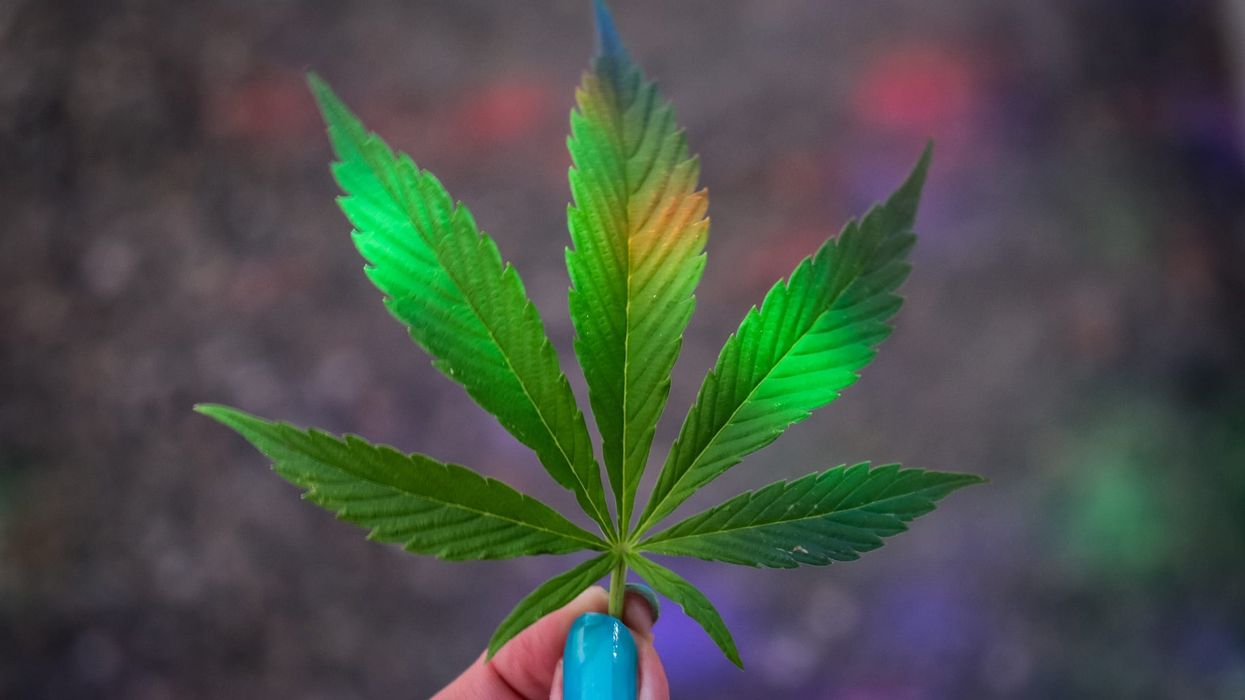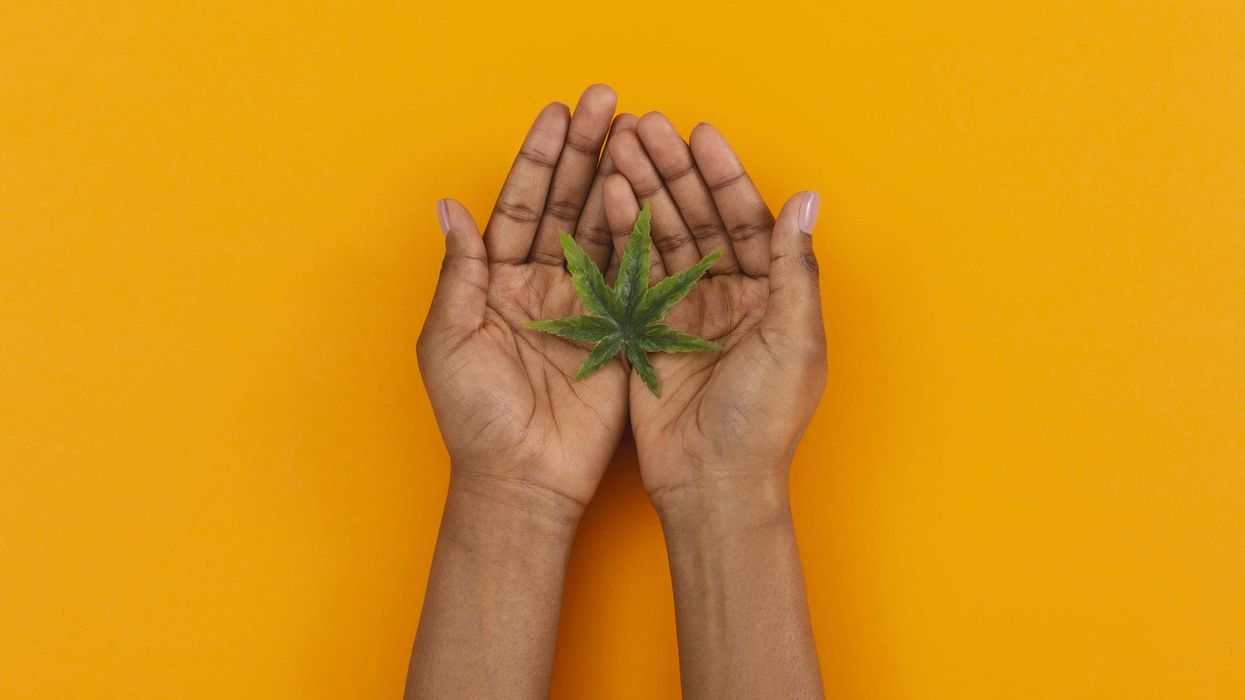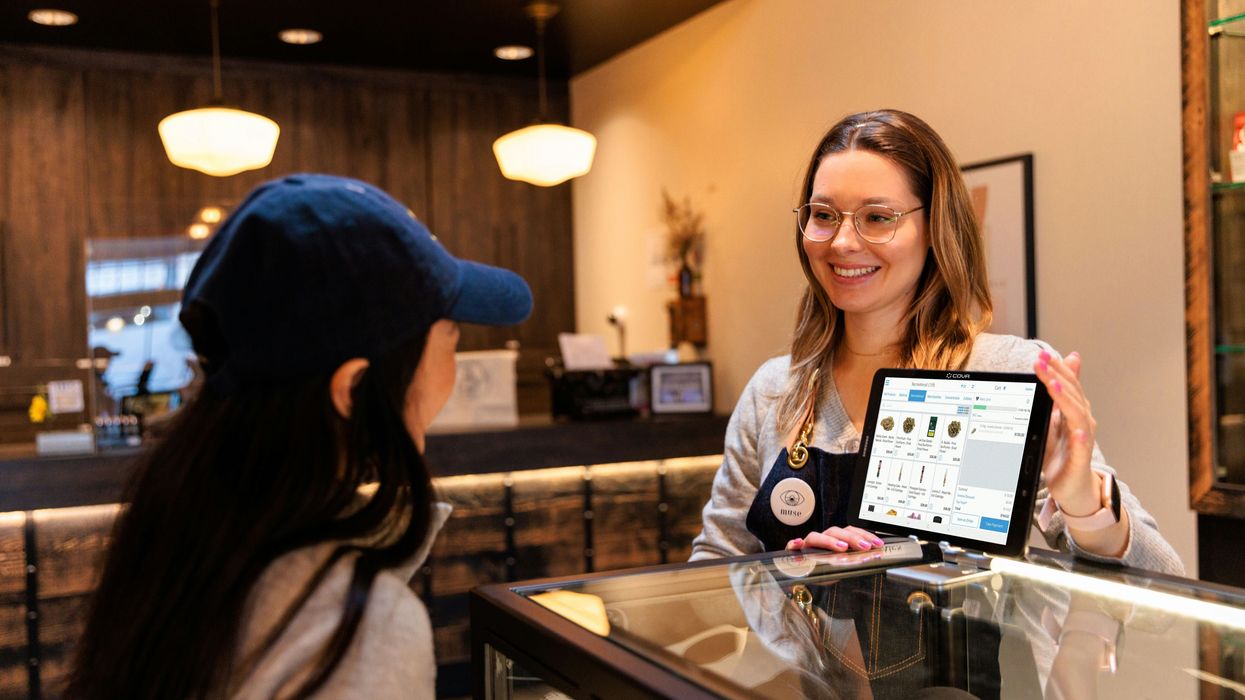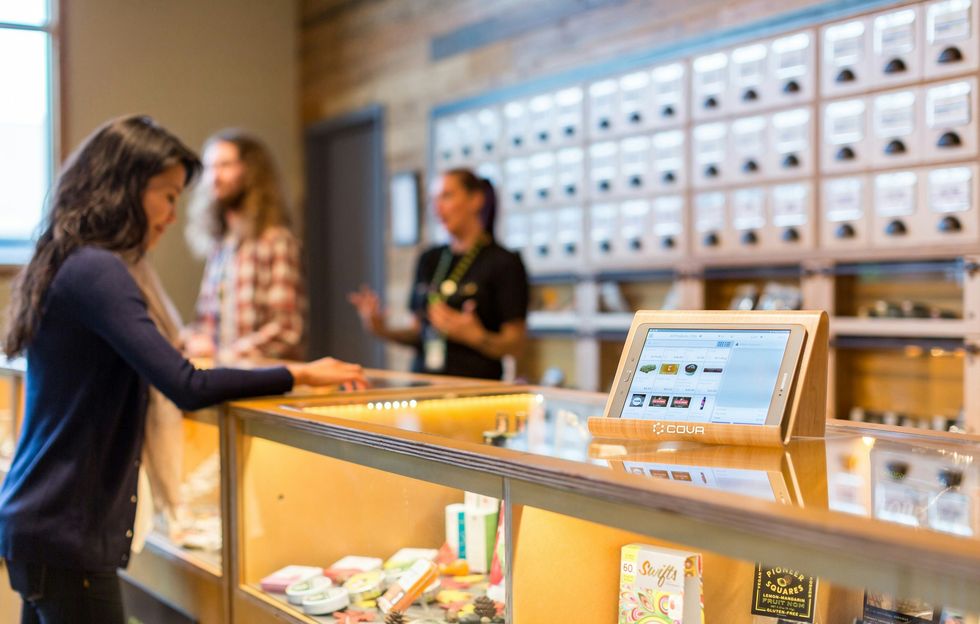The cannabis space is one of the most diverse industries in the world, attracting talent from various industries, all contributing uniquely to the plant’s success.
And as the industry continues to expand, so does the need for new talent and fresh perspective.
This means new jobs around an amazing plant that has been stigmatized for nearly a century, which feels exciting and daunting at the same time.
Why so much electricity and excitement in this space?
For starters, the people who love this plant and this industry most are fueled by purpose, creativity, and they know the opportunities are endless.
The Cannabis Industry Is For Everyone
One of the biggest misconceptions about cannabis is that you must be a cannabis consumer to get involved. In reality, people from all walks of life have come together to uplift this industry because of the value they believe it brings to people’s lives.
“A cannabis company has more of a diversity of skillsets and job titles than any other company in the world,” said David Belsky, CEO of cannabis staffing and talent acquisition agency FlowerHire.
“When people think about jobs in cannabis, the go-to is the most visible employee: the budtender. But there are a lot of different types of roles to pursue within a cannabis company. Whether you’ve worked in retail, manufacturing, hospitality, transportation, marketing, sales, HR, finance...you name it, there are jobs for you in this industry.”
This isn’t exactly a revelatory concept: look at just about any industry in the world, and you’ll discover that a similarly-wide variety of skills are needed for it to reap success.
However, the past (and somewhat persisting) stigma surrounding cannabis has discouraged people from viewing the industry as a serious potential career path – and that's quickly changing.
“I think the whole industry is maturing,” Belsky told The Bluntness. “The cannabis companies that have done it best have a combination of folks who really understand the science of the plant and have worked with it for a long time, married with people who have that formalized background in accounting, operations, marketing – whatever it is.”
One of the legal industry’s biggest struggles lies in the disrespect it has shown to legacy operators – those who carried cannabis on their backs throughout years of prohibition, stigma, and cruel judgment from society.
Rather than make amends by prioritizing and uplifting these operators throughout the legalization process, the legacy market has been largely left out of legal cannabis.
Instead, the market has been auctioned off to the highest bidders – corporate “bros” who lack the plant experience it takes to succeed. The skills they bring to the table are useful, but without true industry knowledge and cannabis community support, these companies will struggle to get off the ground.
“The companies doing the best have an inclusive culture for both types of operator,” Belsky said. “You can’t just be new wave capitalists, or just be OGs. You need both to be successful.”
How to Approach The Cannabis Industry From The Outside In
As important as the legacy market is to legal industry success, new people are learning about and growing passion for cannabis every day, and these fresh perspectives are just as important as that past knowledge.
“Cannabis isn’t immune to hypergrowth. There’s a lot of room for onboard training, workforce planning, and other things the industry didn’t have to pay as much attention to in the past,” Belsky said. “There’s a lot of room for upward mobility and growth.”
This can be applied to both the legacy market and the big players moving in from other sectors. Just as former underground operators must learn how the legal market works, new employees from different backgrounds must be willing to be a “beginner” again and learn everything they can about the plant.
The cannabis industry is also a somewhat-baffling combination of tradition that has been in place for decades, and entirely new territory that is still being established every day.
“Do you like uncertainty? Do you mind long hours? Are you okay with constantly pivoting and adapting? If yes, fantastic, because that’s what cannabis is. Even the biggest companies in the game are glorified billion-dollar startups,” Belsky said.
In Belsky’s experience with cannabis hiring, he’s seen many seasoned professionals take a huge risk to get in on the cannabis action.
“It’s not always feasible to go from a C-level position to being a budtender,” Belsky said, but some people will have to make sacrifices in order to pursue their passion in an industry that is incredibly nuanced and complex.
“Another important thing to consider is humility. At the end of the day, you have to be prepared to reinvent yourself as a professional. You may know how to do a job, but you’ve never done that job in cannabis. You have to be willing to sharpen the tools you thought were already sharp enough.”
It’s also important for anyone new in cannabis to approach the industry with the respect it deserves.
“You might end up meeting someone in the industry who’s been in jail for cannabis, and you have to bend your knee to them and appreciate the role they have, and the fact that they’re able to be part of this legal industry,” Belsky said.
The Cannabis Industry Must Embrace and Respect Cannabis Culture to Succeed
It’s incredibly important for new operators within the cannabis space to take on the knowledge of the plant and its origins, but it’s arguably even more important for those operators to respect the plant’s culture and community – something that goes much deeper than profit margins or retail trends.
Before cannabis was a multi-billion dollar industry, it was used medicinally and spiritually throughout a variety of cultures. Its use dates back centuries and has deep significance to those for whom cannabis isn’t just a plant, but a lifestyle, a sacrament, a human right.
“The special thing about cannabis is that culturally, you’re mostly working with mission-driven people who really love going to work every day. You can be who you are at work in cannabis, pursuing something you love. That isn’t the norm in most workplaces,” Belsky said.
As for getting into the industry in the first place, Belsky believes people should remain respectful and open to any opportunity that comes their way.
“Whatever foot in the door you can get, take. And to prepare yourself for that foot in the door, prioritize education,” Belsky said.
“Education will help you take advantage of that opportunity. Working in this industry is all about education. You either learn on the fly, or you start learning before you even get in.”
Need a little more Bluntness in your life? Sign Up for our newsletter to stay in the loop.

















 How to Become a Budtender: Complete Career Guide & Salary Information - The Bluntness Photo by
How to Become a Budtender: Complete Career Guide & Salary Information - The Bluntness Photo by  How to Become a Budtender: Complete Career Guide & Salary Information - The Bluntness Photo by
How to Become a Budtender: Complete Career Guide & Salary Information - The Bluntness Photo by